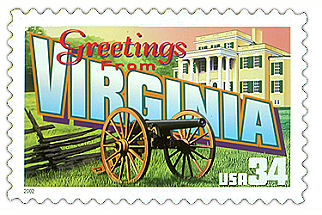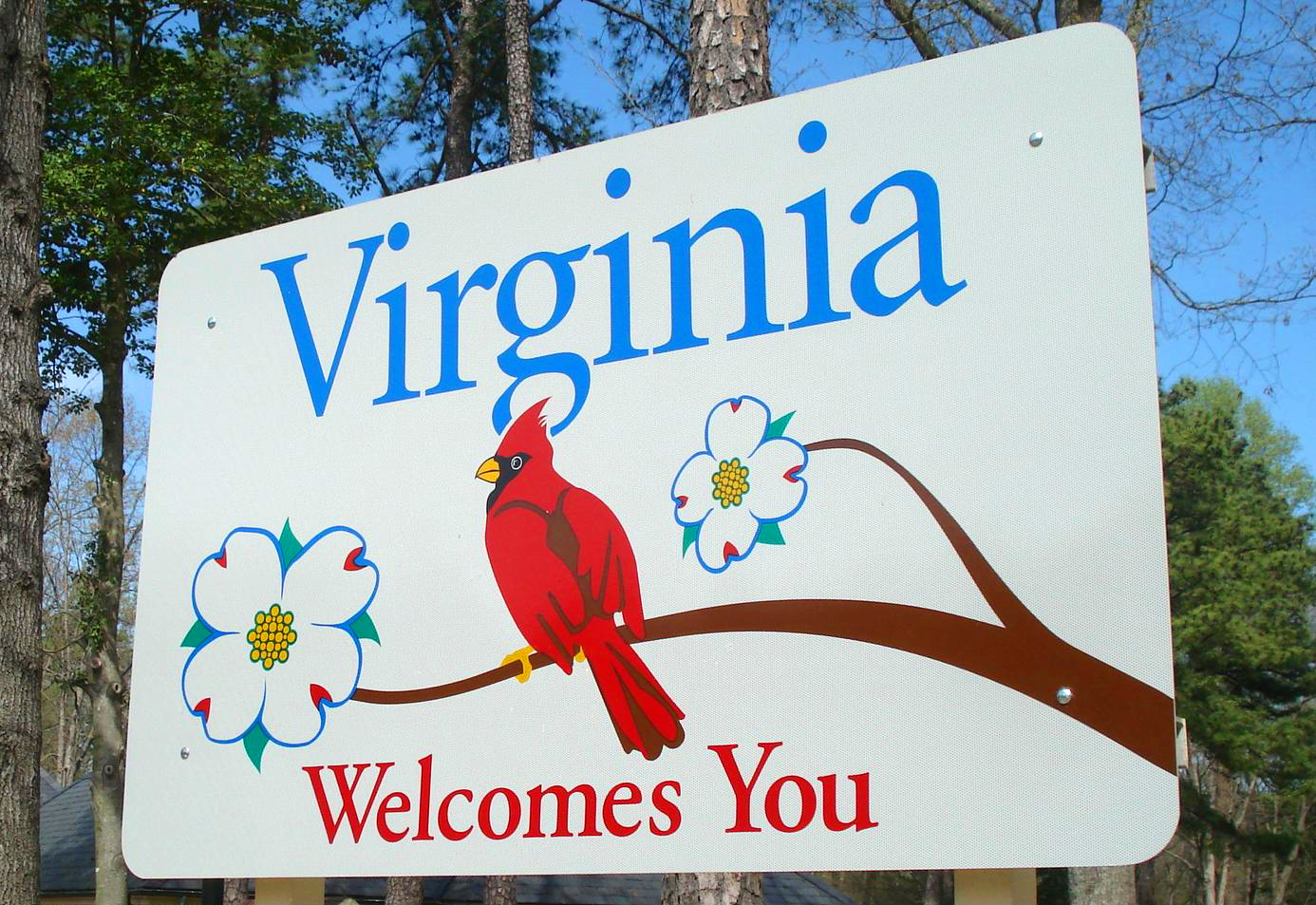Virginia Senate Committee Passes Casino Bill
A Virginia Senate committee passed a bill this week that would legalize casino gambling. SB 1126, introduced by Senator Louise Lucas, made it through the Committee on General Laws and Technology by a vote of 9-3 with one abstention; it was initially introduced and subsequently referred to that committee just before the end of 2018. It is now in the Finance Committee.
The bill does not authorize casinos to be built just anywhere, instead specifying locations. Actually, the bill itself lays out parameters for what cities would be eligible:
 1) Any city “in which at least 40 percent of the assessed value of all real estate in such locality is exempt from local property taxation” and whose population decreased at least seven percent from 1990 to 2016;
1) Any city “in which at least 40 percent of the assessed value of all real estate in such locality is exempt from local property taxation” and whose population decreased at least seven percent from 1990 to 2016;
2) Any city with an unemployment rate of at least five percent, a poverty rate of at least 20 percent, and a population decrease of at least 20 percent from 1990 to 2016;
3) Any city with an unemployment rate of at least four percent, a poverty rate of at least 20 percent, a population decrease of at least four percent from 1990 to 2016, and “is located adjacent to a state that has adopted a Border Region Retail Tourism Development District Act”;
4) Any city with a population above 200,000 and “in which at least 24 percent of the assessed value of all real estate in such locality is exempt from local property taxation,” as long as the casino operator is a Native American tribe.
That’s as lot of qualification combinations, but it looks like the goal is to help give an economic boost to struggling cities.
The Richmond Times-Dispatch, reports however, that there are already five specific cities authorized by the bill. Bristol, Danville, and Portsmouth are three and then the Pamunkey Indian Tribe is looking at Norfolk and Richmond as other venue locales. All cities would be required to leave the ultimate decision up to their residents via referendum.
The bill sets a $50,000 licensing application fee; licenses would be good for ten years, but reviewed annually. Casinos would be taxed ten percent on gross gaming revenue.
Pick Your Side
The Times-Dispatch also reports that Governor Ralph Northam and some state lawmakers would like to see the process go more slowly, to allow a state study to be done on the impact of gambling. Of course, pro-gaming folks want to get this whole thing done in order to keep up with neighboring states. There are casinos in Maryland, West Virginia, and North Carolina, all states that border Virginia, as well as nearby Pennsylvania and Delaware. Many believe the sooner casinos can get up and running in Virginia, the sooner entertainment dollars will remain in the state.
A compromise was drawn up in the latest version of the bill. A study will be done with a due date of November 1st, and the five cities mentioned earlier can hold referendums later this year. It will be a year and a half until any licenses are distributed in order for there to be time to take the results of the study into account, if necessary.
The bill also includes sports betting – on both professional and college sports – as part of the definition of casino gaming. Like casino gambling, some of Virginia’s neighbors have already legalized sports betting since PASPA was overturned last spring. Washington, D.C. is also set to launch sportsbooks. The District Council passed a bill in December and the mayor just signed it. It isn’t official yet, though, as a quirk with D.C. law is that bills must be reviewed by Congress. Odds are it will be approved (heh… odds), but there will still be a wait.
Senator Has a History with Gambling Bills
This is not the first time that Senator Lucas has introduced a gambling bill. For instance, two years ago, she introduced SB 1400, which aimed to classify poker as a game of skill, therefore removing it from the definition of “illegal gambling.”
The bill also laid out regulations for land-based poker tournaments, which would have been overseen by the Department of Agriculture and Consumer Services.
In just over two weeks, the poker bill passed a vote of the entire Virginia Senate. Interestingly, the vote ended in a 19-19 tie (two Senators did not vote) and was split almost exactly down party lines. Every pro-poker vote was a by a Democrat and just one Republican – William DeSteph, Jr. – broke ranks and sided with poker, creating the tie. The Lieutenant Governor, in his role presiding over the Senate, broke the tie, passing the bill.
That Lieutenant Governor was Ralph Northam.
Unfortunately, SB 1400 died in the House, never making it out of the Committee on General Laws. A vote was never even taken in committee.



















COMMENTS